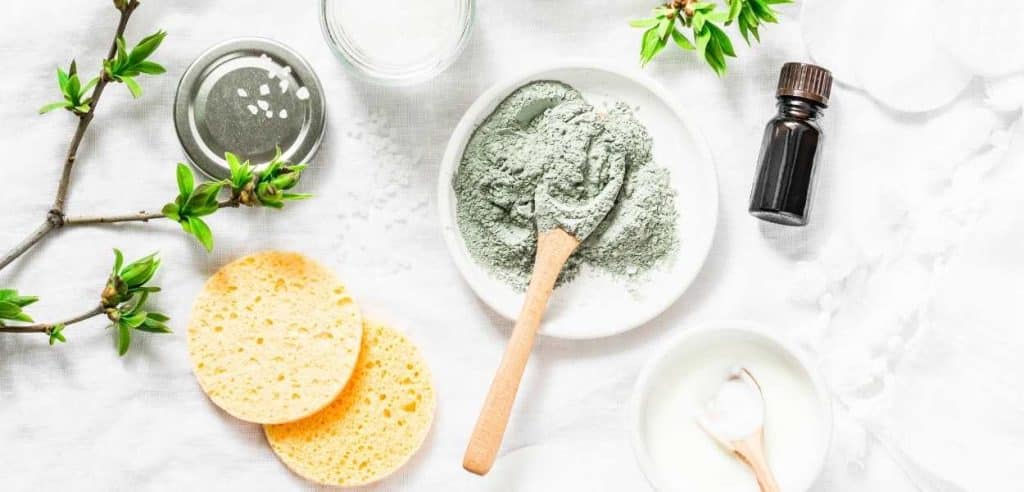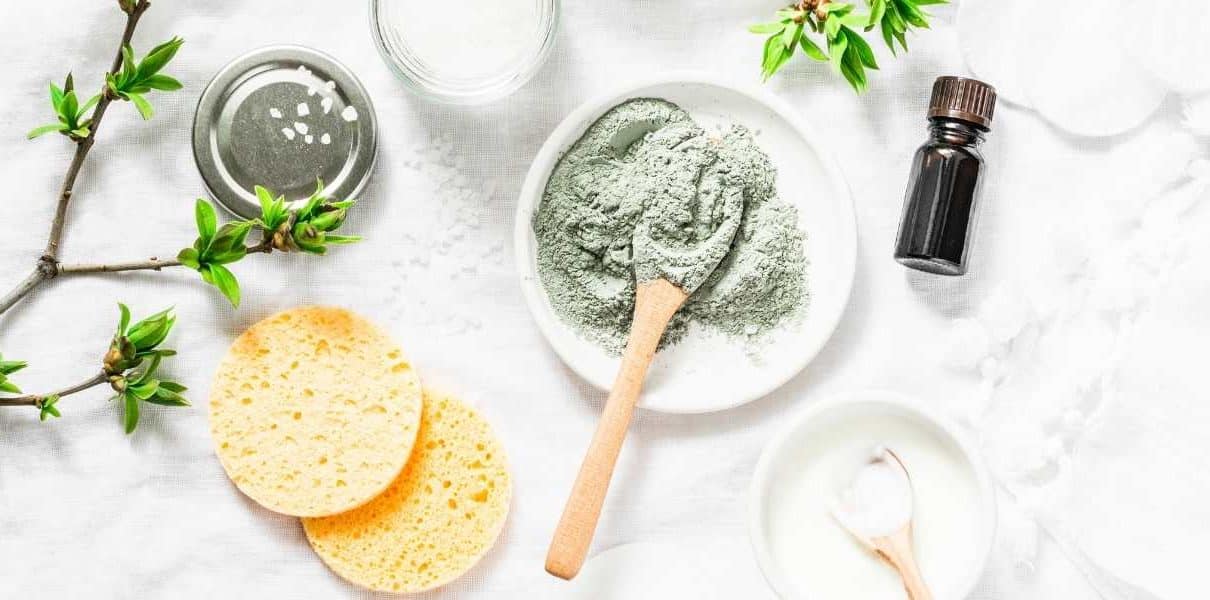
Vegan Beauty Products: 11 Powerful, Planet-Positive Reasons to Switch in 2025
Vegan beauty products offer a clear path toward ethical, sustainable self-care, rising far beyond trend status in 2025. This guide delivers human-centered, SEO-optimized insights about vegan cosmetics—what “vegan” means, why cruelty-free matters, key ingredients, certification trustmarks, and actionable swaps to create an authentic, planet-positive routine. Each section is rich with descriptive anchor texts linking internally throughout ecochicglam.com for maximum discoverability, site authority, and user navigation.
What Are Vegan Beauty Products?
Vegan beauty products contain no animal-derived ingredients, from the obvious (collagen, beeswax, lanolin) to the hidden (carmine pigments, shellac). They’re made from plant-based or advanced biotech alternatives and must avoid cross-contamination in manufacturing. The Vegan Trademark, certified by The Vegan Society, is an industry benchmark—ensuring products are animal-free at every step.
Dive deeper with our Vegan Beauty Products hub featuring guides, recipes, and reviews.
Vegan vs. Cruelty-Free (and Why Both Matter)
“Vegan” guarantees no animal ingredients, while “cruelty-free” means no animal testing, ever—even at the ingredient supplier stage. The Leaping Bunny certification is the gold standard, enforcing strict, brand-wide audits—a must-have for conscious consumers.
For a holistic switch, see our How to Build a Sustainable Beauty Routine and pair vegan, cruelty-free picks in each step.
Ingredient Checklist: Swap These for Ethical, High-Performance Options
Making the move to vegan beauty means reading labels carefully. Watch for:
- Beeswax → Candelilla, carnauba, or rice bran wax
- Lanolin → Shea, mango, or jojoba butter
- Carmine → Mineral/plant pigments
- Collagen → Biotech “vegan collagen” or fermented plant proteins
- Squalene (shark-based) → Squalane from olives or sugarcane
Today’s biotech innovations even deliver lab-produced collagen and fermented actives that equal or out-perform their animal counterparts, minus the ethical concerns.
Explore routines in Sustainable Beauty Practices to discover ingredient swaps in real-world use.
Trusted Certifications: What to Look For
- Vegan Trademark by The Vegan Society: Guarantees no animal-derived ingredients and rigorous process control.
- Leaping Bunny: Verifies cruelty-free supply chains with supplier audits.
Check products for these logos to save time and minimize uncertainty while shopping vegan beauty.
Our Top Eco-Friendly Beauty Brands lists leaders who earn these trustmarks.
Regulations & Progress in Animal Testing
Global animal testing regulations are evolving:
- The EU bans cosmetics tested on animals since 2013, though certain chemical laws introduce complexity.
- China lifted mandatory tests for many imported general cosmetics in 2021, with documentation required for compliance.
This context informs which brands truly offer cruelty-free vegan products—always look for transparency on international sales and auditing programs.
11 Planet-Positive Reasons to Switch
- Clear ethics: Straightforward ingredient lists; no animal-derived components.
- Aligned cruelty-free status: Easier to pair vegan products with robust cruelty-free certification.
- Lower biodiversity pressure: Avoids ingredients contributing to animal exploitation.
- Innovative biotechnology: Fermented vegan collagen, peptides, and eco-sourced squalane feel and perform better than ever.
- Cleaner labeling: Shorter, simpler INCI lists mean less risk of hidden animal by-products.
- Sustainable sourcing: Plant-based inputs are renewable and often produce smaller footprints when sourced responsibly.
- Allergy awareness: Avoids triggers from lanolin, shellac, and other animal derivatives.
- Future-proof beauty: Anticipates rising global sustainability standards and evolving consumer demand.
- Community impact: Certifications promote transparency, better labor standards, and supply chain ethics.
- Perfect fit for low-waste routines: Combine vegan formulas with Refillable Beauty Products and Zero-Waste Beauty for full-spectrum sustainability.
- Lifestyle coherence: Aligns with plant-based nutrition and ethical living for a low-impact, future-facing life.
How to Build a Simple Vegan Routine
Start simple, build confidence, then expand:
- Cleanser: Gel or oil, clearly labeled vegan and cruelty-free.
- Toner/hydrator: Fragrance-free options with plant-based humectants.
- Serum: Biotech vitamin C or ferments in vegan carriers.
- Moisturizer: Plant oils and butters—ditch lanolin or animal collagen.
- SPF: Mineral sunscreen in vegan waxes/binders.
- Makeup basics: Vegan lip/cheek tints (no carmine), tubing mascaras (no beeswax).
Bookmark Sustainable Beauty Practices for habit stacking and step-by-step transitions.
Smart Shopping Tips to Avoid Greenwashing
- Verify both “vegan” and “cruelty-free” with trusted certifications—anchor text should always clearly describe destination content.
- Scan the INCI: Avoid ingredients like beeswax, lanolin, collagen, carmine, keratin.
- Look for proof: Confirm Vegan Trademark or a publicly documented vegan standard.
- Check the region: Track updates on animal-testing regulations in regions where the brand operates, especially China and the EU.
- Packaging choices: Pair vegan formulas with refillable and zero-waste formats—start by browsing Zero-Waste Beauty for top trends.
- Research brands: Use our Top Eco-Friendly Beauty Brands resource to find pioneers and category leaders.
FAQs
Are vegan beauty products always cruelty-free?
No—they refer to ingredients, not animal testing. Aim for both; look for Leaping Bunny certification as proof.
Do vegan formulas perform as well as conventional ones?
Contemporary biotech delivers outstanding texture, stability, and efficacy—often matching animal-derived options without compromise.
Which certifications can I trust?
The Vegan Trademark for animal-free formulas; Leaping Bunny for verified cruelty-free supply chains—both together provide robust ethical confidence.

